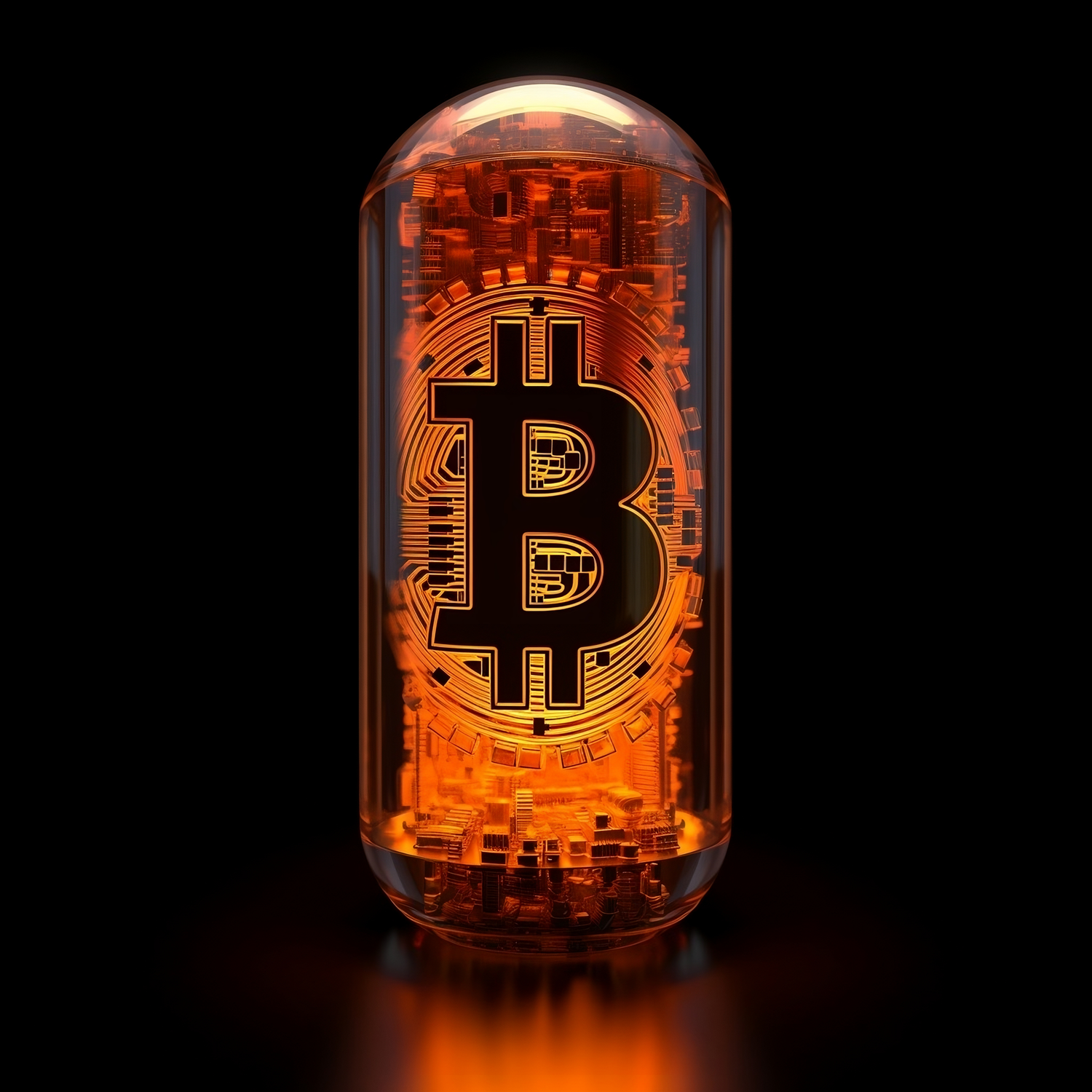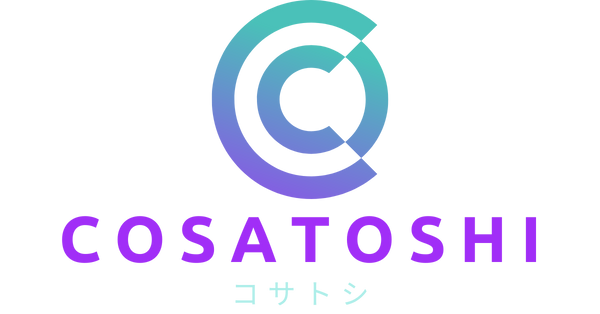In our digitally-driven age, where transactions are increasingly invisible, understanding money as a form of economic energy offers a profound perspective on its role and influence. Money isn't just a physical medium; it's the lifeblood of economies, a dynamic force driving trade, investment, and growth. From the viewpoint of money as economic energy, its evolution and its omnipresent influence in our lives becomes instantly demystified.
Money as Economic Energy
Like energy in the physical world, money in the economy is about movement and transformation:
1. ** Medium of Exchange **: Money's primary function is to energize trade. In the absence of money, trade would be lethargic, limited by the inefficiencies of barter. Money injects vitality into markets, enabling swift and diverse exchanges.
2. ** Unit of Account **: Just as a meter measures distance, money measures economic value. It quantifies the worth of goods and services, allowing for clear comparisons and informed decisions, much like a gauge in a complex machine.
3. ** Store of Value **: Money, when saved, is like stored energy. It holds potential for future activity, whether for personal goals, business ventures, or emergency needs. This aspect of money as a store of value ensures that economic energy can be conserved and released when necessary.
## The Evolution of Economic Energy
The metamorphosis of money mirrors humanity's progress:
- **Commodity Money**: In its early forms, money was tangible and inherently valuable - like grains or gold. This was the economic energy in its purest form, directly linked to physical commodities.
- **Coins and Paper Currency**: Gradually, societies shifted to coins and paper, symbolic representations of value. This was akin to harnessing energy, making it more portable and manageable.
- **Digital Money**: Today's predominant form of money is digital. This phase represents a sophisticated control over economic energy, allowing for instant, global transactions and more nuanced financial management.
## Money in Today's Economy
Central banks attempt to regulate the flow of monetary energy, but this intervention often leads to imbalances rather than equilibrium. In trying to control the money supply to match the economy's demands, often distort the very signals that a free market would naturally provide.
Instead of acting as harmonious regulators, central banks, through their interventions, may inadvertently contribute to economic cycles of boom and bust. By artificially setting interest rates and manipulating the money supply, they create an environment where true price discovery becomes impossible. This manipulation leads to inflation, which is not merely a devaluation of currency but a symptom of deeper economic interference. Inflation is the result of increasing the money supply disproportionately to the actual growth in goods and services, diluting the value of each currency unit.
Similarly, efforts to combat deflation often involve pumping more money into the economy, potentially leading to malinvestment and speculative bubbles. We need a market-driven approach to monetary policy, where supply and demand are not controlled by a central authority but are the result of countless individual decisions and interactions within the marketplace; a free marketplace of money.
Digital advancements, like Bitcoin, have introduced a new form of economic energy, challenging traditional financial infrastructures and offering a democratized and decentralized form of value exchange.
## The Future of Money as Economic Energy
In the forward trajectory of monetary evolution, we are poised on the cusp of a transformative era. The emergence of Bitcoin heralds an epoch where economic energy transcends its traditional confines, morphing into forms that are digital, decentralized, and unbounded by geopolitical borders. This paradigm shift signals a departure from the archaic structures of centralized financial authority, ushering in an era where individuals wield unprecedented control over their economic destinies.
This transition is certainly not without its tribulations. The ascent of these novel monetary forms challenges the existing regulatory frameworks, straining under the weight of adapting to a landscape defying conventional oppressive centralized authoritarian controls. Moreover, the stability of economies, long anchored by traditional financial systems, faces uncertainty as these disruptive technologies rewrite the rules of economic engagement.
As individuals gain more direct control over their economic resources, liberated from the constraints of centralized financial institutions, a new form of economic sovereignty is born. This transition, while fraught with challenges, represents a pivotal moment in the quest for financial autonomy and self-determination in the digital age.
## Conclusion
Money, in its essence, is a vital force in our economic universe. It drives trade, measures value, and stores potential, much like energy in the physical world. Understanding money through this lens is not just about understanding finance; it's about understanding a fundamental dynamic empowering human civilization.
As we navigate the future, the transformation and management of this economic energy will be key to our collective progress and prosperity.


